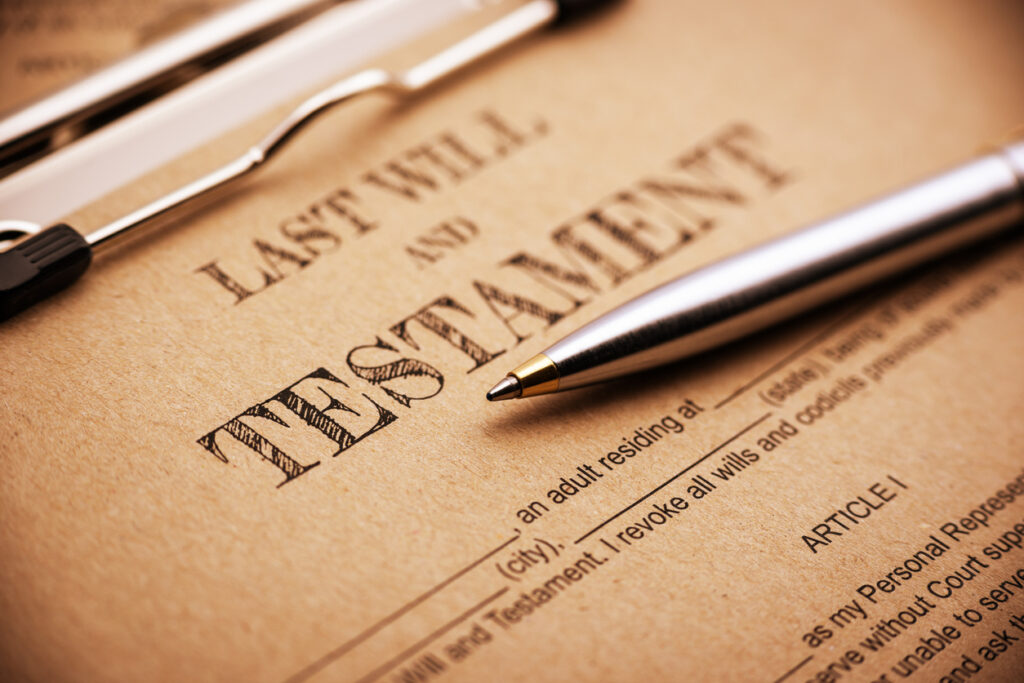If you’ve drafted a Will or planned the transition of your estate, or you’ve been a beneficiary of someone else’s Will, you’ve likely found yourself worrying about probate.
If you haven’t and you’re not sure what probate is, here are the basics: Probate, or Estate Administration Tax (EAT) as it’s formally called in Ontario, is a legal and often long process (it can take a year or more) to validate your Will when you pass away. The rule of thumb is that probate will eat (pun intended) about 1.5% of the assets you bequeath to your beneficiaries, plus legal fees. So, if your estate is worth $1 million, your estate will spend more than $15,000 on charges to validate your Will. (Probate fees are different in each province and there are no probate fees at all in Quebec.)
There are perfectly legal ways to minimize probate, the easiest of which is to name beneficiaries on your investment accounts. In other words, if you name a beneficiary on your RRSP, RRIF, LIRA, LIF, or TFSA accounts while you’re alive, the funds in those accounts transfer directly to that beneficiary upon your death, avoiding probate fees entirely.
You can’t, however, name a beneficiary on your regular bank account, non-registered investment account, or on your home. But if you own your home jointly with your spouse, the property does bypass probate when the surviving spouse inherits it. Once that spouse passes away, however, your children or other heirs will be on the hook for probate fees.
There is another exception that avoids probate fees on the home: if your heir has joint tenant with right of survivorship (JTWROS) on the property. JTWROS is a legal ownership structure that ensures that when one co-owner of a property or other asset dies, ownership is automatically transferred to the surviving co-owner. While this saves on probate later, it does come with risks.
What sort of risks? For one, if you name your child as a JTWROS beneficiary on your home or cottage (or investment account) and you decide at a later date you want to sell it, that child can legally stop you from selling if they don’t want you to.
A second risk that may arise, which we’ve heard happens, might be that you name one child as a beneficiary on your property but, when you pass away, that child sells the house and keeps all the funds. They’re legally entitled to the proceeds but your other children may not be happy with that decision as your intention was to distribute the proceeds equally.
Another unpleasant scenario: your child inherits the property, sells it, doesn’t pay income tax on it and the government goes after your other estate heirs for taxes owing, even if they were never owners of the property in question.
All this to say, avoiding probate is a smart idea to ensure your heirs receive at least some of your assets quickly when you pass away. But a Will and the probate process are still a great way to ensure that your remaining assets are divided up exactly as you wish them to be.

